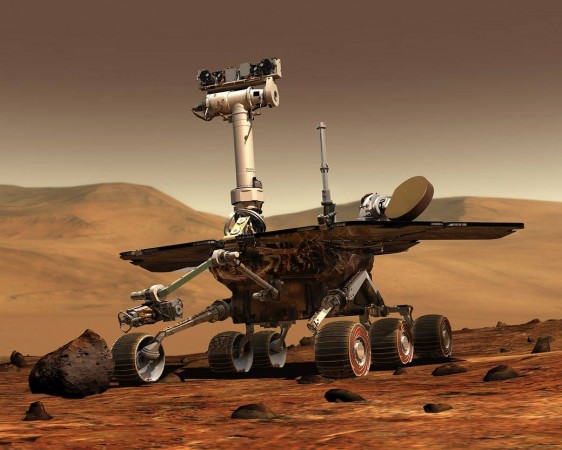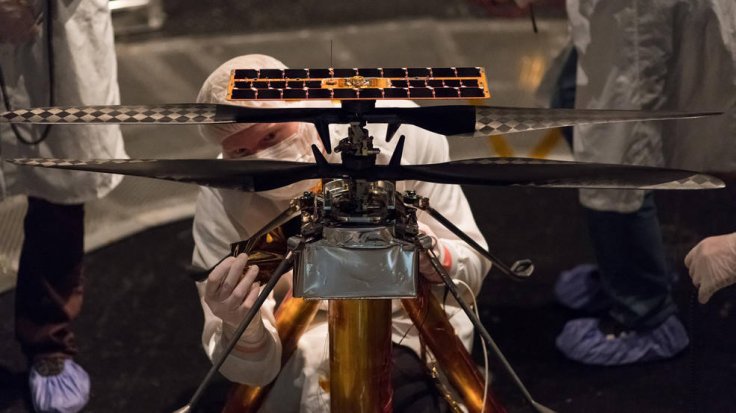NASA confirmed that it will use its rover for the Mars 2020 mission to search for traces of alien fossils on the Red Planet. Aside from this, the rover will carry out experiments in preparation for a possible human colony on Mars.
Last week, NASA officially unveiled the rover it will use for a mission to Mars next year. According to the agency, the rover will be transported to the Cape Canaveral launch facility in February in preparation for its mission, which is set to take place in July.

Search For Alien Fossils
As previously confirmed by the agency, the yet-to-be-named rover will be deployed at a site near the Jezero Crater on Mars. The region was specifically selected by NASA after scientific reports indicated that it may have been the site of a large body of water. The agency strongly believes that the presumed dry lake bed could contain well-preserved sediments on its surface.
NASA engineers are planning to attach a Mars Helicopter to the the belly of the rover, which will be the first aircraft to fly on another planet. The twin-rotor, solar-powered helicopter will remain encapsulated after landing, deploying to the surface once a suitable area to conduct test flights is found at Jezero Crater, the rover's destination.

According to NASA, the sediments in this area could contain the fossilized remains of alien organisms that once lived on Mars. Through the rover, the agency is hoping to get a closer look at these sediments to check for traces of alien life. "The trick, though, is that we're looking for trace levels of chemicals from billions of years ago on Mars," the Mars 2020 deputy project manager Matt Wallace told Reuters.
Preparing For A Mars Human Colony
Aside from its alien-hunting mission, the Mars 2020 rover will also carry out other important tasks on the Red Planet. One of these involves analyzing the atmospheric conditions of Mars. Through experiments, the rover will try to determine if it would be possible to create oxygen on the alien planet using carbon dioxide.

According to NASA, the findings of these experiments, as well as the other data the rover will collect on Mars, will be used to determine the feasibility of sending a human mission to the Red Planet. If all goes well for the agency, the upcoming Mars mission in July could serve as an important step in establishing a human colony in another world.









